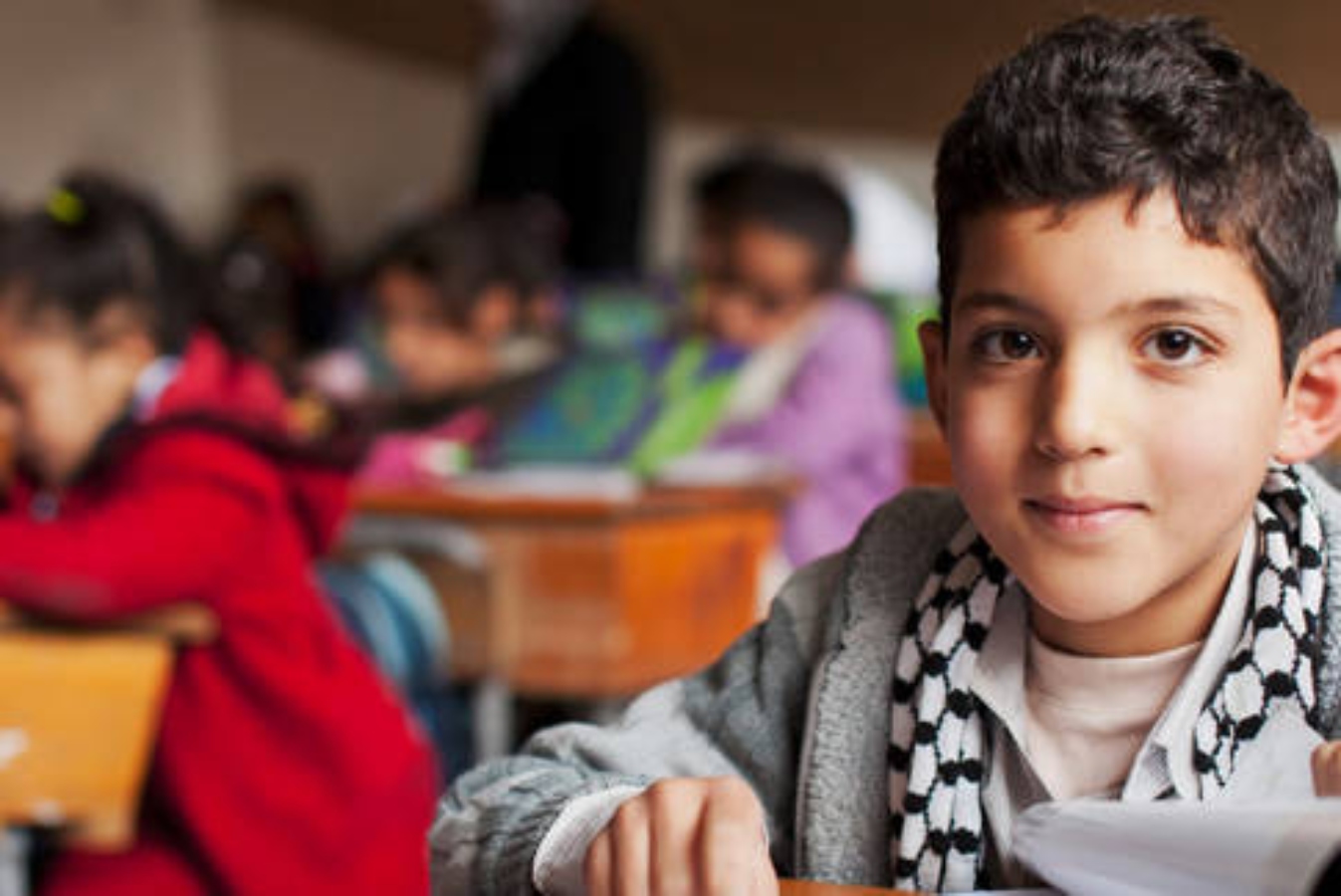

Safe Cities and Safe Public Spaces: Global Results Report

A publication by UN Women (2017).
This report on UN Women’s Global Flagship Programme Initiative, Safe Cities and Safe Public Spaces, shares achievements gleaned from various participating city programmes in Africa, Latin America, the Arab States, Asia and the Pacific, North America, and Europe.
A series of stories illustrate what authorities, grass-roots women, women’s organizations and other community partners can do as part of a comprehensive, evidence-based approach to prevent and respond to sexual harassment and other forms of sexual violence against women and girls in public spaces.
Women & Girls Safe Spaces: A guidance note based on lessons learned from the Syrian crisis 
A publication by the United Nations Population Fund (UNFPA) (2015).
The creation of safe spaces for women and girls has emerged as a key strategy for the protection and empowerment of women and girls affected by the Syrian crisis. This document provides an overview of what safe spaces are, and what key principles should be followed when establishing such spaces in humanitarian and post-crisis contexts.
#Case4Space Campaign in Asia-Pacific

Initiated in 2017 by the Bangkok Regional Hub and partner organizations (UNDP, Amnesty International, The Commonwealth, UN Volunteers, Asian Forum for Human Rights and Development, UNFPA, UNICEF, ActionAid International, UNESCO and the United Nations Department of Economic and Social Affairs). To enhance civic engagement and political participation of young people, the Bangkok Regional Hub is leading with partner organizations the #Case4Space Campaign, a regional initiative that aims to raise awareness and advocate for a space in which young people in Asia and the Pacific can be partners, leaders and innovators in the implementation of the Sustainable Development Goals (SDGs). More information here.
Line Up Live Up Campaign

Initiated in 2017 by the United Nations Office on Drugs and Crime (UNODC).
Line Up Live Up is an initiative developed in partnership between the UN Office on Drugs and Crime (UNODC) and local authorities in countries across Africa, Central Asia, the Middle East, and South America. It is a programme focused on crime and drug use prevention that integrates the power of sports with evidence-informed life skills training. The curriculum targets valuable skills such as resisting social pressures to engage in delinquency, coping with anxiety and communicating effectively with peers, through fun and interactive exercises. Download the publications here.
Education in Emergencies (EiE) Programme

The programme was started in 2017 by the United Nations Relief and Works Agency for Palestine Refugees in the Near East (UNRWA).
The UN Relief and Works Agency (UNRWA), through the Education in Emergencies programme, helps to ensure Palestinian refugee children and youth across Gaza, Jordan, Lebanon, Syria and the West Bank can continue to access their right to quality, inclusive, and equitable education even in times of crisis and conflict. The UNRWA EiE programme delivers education and support services in innovative and alternative ways to help ensure safe, secure learning and recreational spaces for children and youth, so that they are better protected and prepared to enter the next stages of their lives. Download it here.
Guide for Establishing Youth Friendly Spaces

A guide published by the United Nations Population Funds (UNFPA) Caribbean Sub-Regional Office (2010). The purpose of this guide is to provide guidance for the establishment of Community Youth Friendly Spaces to deliver Youth Friendly Information and Services in all regions in Guyana, functioning at the greatest levels of their potential, to continue the positive influence on the lives of young people, reduce risk, build capacity and take leadership at the community and national levels. Download it here.
World Youth Report on Youth Civic Engagement

A biennial flagship publication by the United Nations Department of Economic and Social Affairs (UNDESA), Division of Inclusive Social Development (DISD) (2016). The World Youth Report on Youth Civic Engagement explores young people's participation in economic, political and community life. The transition from youth to adulthood marks a key period characterized by greater economic independence, political involvement and participation in community life. However, a young person’s ability to effectively engage relies heavily on the socioeconomic and political environment in which they live. Providing youth with safe civic spaces that ensure youth employment, access to labour rights and social services is therefore at the core of promoting youth civic engagement. Download it here.
New Urban Agenda

Published by the United Nations Conference on Housing and Sustainable Urban Development (Habitat III) (2016). The New Urban Agenda (NUA) reiterates the need for public spaces for youth to enable them to interact with family and have constructive inter-generational dialogue. Download it here.
 Welcome to the United Nations
Welcome to the United Nations